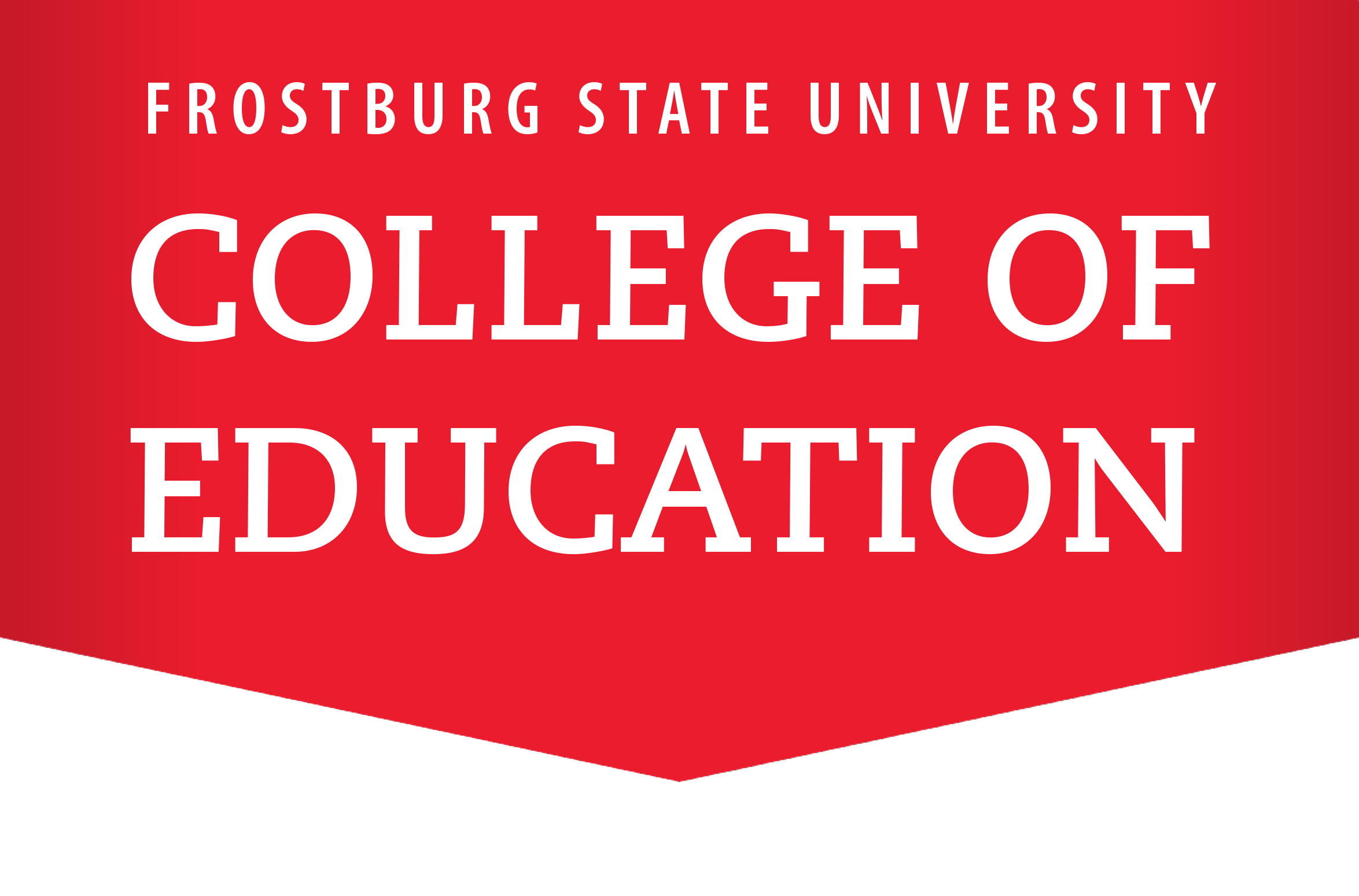US Department of Education Awards COE $3.5 Million
Mar 9, 2023 2:17 PM

Frostburg State University’s (FSU) College of Education (COE) and College of Liberal Arts & Sciences (CLAS) have been awarded a five-year, $3.5 million grant from the U.S. Department of Education for Rural Educators for Appalachian Children (REACH), a Teacher Quality Partnership project. The comprehensive project has been designed to improve student achievement and long-term outcomes and develops a comprehensive and collaborative model for strengthening the teacher career continuum in rural America.
Under REACH, FSU will begin a new dual certification special education and elementary teacher preparation program. The project will partner with select high-need schools in Allegany County (MD), Mineral County (WV), Morgan County (WV), Pendleton County (WV), and Turkeyfoot Valley Areas School District (PA).
REACH will result in increases in the number of highly effective, culturally responsive teachers for special education in Appalachia, and improve teacher access, recruitment, preparation, support, induction, retention, and advancement, while validating the impact of a national model.
To achieve its goals, REACH will concentrate on four focused strategies:
(1) Co-Implemented, Clinically Based Dual Certification Program REACH will offer a co-Implemented, clinically based undergraduate dual certification program in special education and elementary education.
(2) Two-Year Induction Program The program will feature a two-year induction period including targeted professional learning and microcredentials on the science of reading, classroom management, and culturally responsive teaching for all program graduates who teach in partner schools.
(3) Teacher Leader Pathway REACH will also implement a teacher leader pathway for teacher mentors, induction coaches, and any teacher in partnering schools interested in pursuing National Board Certification.
(4) MegaCommunity for Systemic Capacity and Linkage Building The project will be governed by a MegaCommunity for systemic capacity and linkage building involving more than 20 organizations to leverage cross-sector expertise and resources.
Together, these strategies will allow REACH to enhance the teacher career continuum. At the same time, the program will help realize multi-state priorities in preparing and retaining diverse, highly effective teachers in critical shortage areas while responding to the Blueprint for MD’s Future, a comprehensive piece of legislation designed to elevate Maryland’s education system to internationally benchmarked standards, as well as WV’s Professional Learning Framework, and PA’s Code of Professional Practice.
The program is grounded in a comprehensive needs assessment of FSU’s surrounding districts, completed in 2021 (Baker, in press), as well as state and national research that shows it is vital to reduce achievement gaps among underserved students in high-need rural settings, make systemic changes to improve teaching and learning in the United States, and keep up with changing demands on students, teachers, and schools (Martin et al., 2015). Dr. Boyce Williams, Dean of FSU’s College of Education says, “The REACH project is an exciting new endeavor for the College of Education. We are so pleased to be able to meet the needs of our surrounding districts and the students they serve, and we are enthusiastic about our collaboration in high-need schools.”
Building upon common goals and leveraged resources among partnering agencies as well as promising practices from a graduate-level TQP grant awarded in 2019, the partnership is well-positioned to successfully impact the teacher career continuum and student achievement in the region.
The proposal earned a perfect score from the federal Department of Education, with extra points awarded for (1) increasing educator diversity, (2) supporting a diverse educator workforce and professional growth to strengthen student learning, (3) meeting teacher candidates’ social, emotional, and academic needs, and (4) promoting equity in student access to educational resources and opportunities.
REACH aims to increase the diversity of teacher candidates entering the teacher preparation program through targeted recruitment as well as support through a newly established REACH Teacher Education Advising and Support Center within the College of Education.
REACH will serve 120 teacher candidates and 210 additional educators, for a total of 330 adults and approximately 10,000 students served over the next five years.
